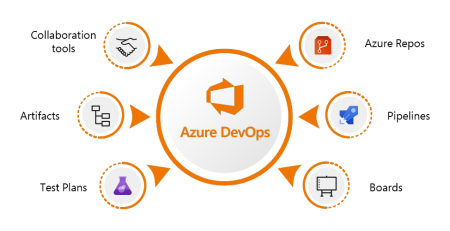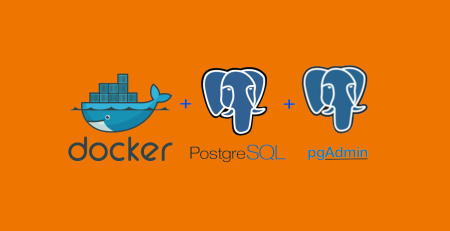Why to choose Azure for your company
Enterprises all over the world are having great success with Cloud-based business solutions. With scalable and secure cloud-enabled enterprise applications, they are redefining the way they do business. 90% of Fortune 500 companies use Microsoft Azure to power their operations globally. Enterprises can easily build, deploy, and manage simple to complex applications using deeply integrated Azure cloud services. Azure supports a wide range of programming languages, frameworks, operating systems, databases, and devices, allowing businesses to leverage trusted tools and technologies.
Here are some of the major reasons to choose Azure for your enterprise:
Infrastructure as a Service (IaaS) and Platform as a Service (PaaS) capabilities:
Azure offers an enticing mix of IaaS and PaaS services. IaaS allows businesses to outsource their infrastructure to Azure and pay only for what they use, whereas PaaS allows them to build their own web apps and solutions without having to buy and maintain the underlying infrastructure. Top Azure consultants from the Microsoft partner community can help enterprises leverage Azure PaaS and IaaS to build cloud-based enterprise apps for faster business growth.
Security Offerings:
Azure was built around the Security Development Lifecycle (SDL), an industry-leading security process. It has security at its core, and private data and services are kept safe and secure on Azure Cloud. Microsoft Azure has the best compliance coverage of over 50 compliance offerings and is the cloud platform most trusted by US government institutions. It is also the first to adopt ISO 27018, the new international standard for cloud privacy. As a result, Microsoft guarantees the highest level of security for all Azure Cloud operations and data.
Scalability and Ductility:
Azure allows you to create applications that run smoothly, reliably, and scale from 10 to 10 million users without any additional coding. Azure Storage offers ductile, safe, secure, and performance-efficient cloud storage services. It is now easier to change settings and use more processors for the application.
Unmatched Hybrid Capabilities:
Azure is distinguished by its hybrid capabilities. Azure enables easy mobility and a consistent platform between on-premise and public Cloud environments. To improve usability and performance, Azure offers a broader range of hybrid connections such as virtual private networks (VPNs), caches, content delivery networks (CDNs), and ExpressRoute connections.
Integrated Environment with Other Microsoft Tools:
Organizations that rely on Microsoft tools such as Office 365, Outlook, and SharePoint invest in a cloud platform that integrates flawlessly with Microsoft products. By using the same virtual on-premise machines as Windows and Linux, Azure simplifies operations.
Analytics and Intelligence capabilities:
Azure supports SQL and NoSQL data services, as well as built-in support for delving deeper into data and uncovering key insights to improve business processes and decision making. Azure is the only cloud platform that includes Blockchain as a Service (BaaS), Machine Learning, Bots, and Cognitive APIs.
Choosing the right Cloud vendor is a critical decision for businesses. Choosing Azure as their cloud platform has accelerated business growth for many businesses.
Easy learning curve:
To develop cloud native applications, familiar tools such as Visual Studio, ASP.NET, and programming languages such as Visual Basic, C++, C#, and others are used, making it simple for consultants to develop cloud-based enterprise applications.
Cost Efficient Platform:
Microsoft’s pay-as-you-go model lets you pay only for the resources you use to build or expand them using Azure services. This reduces IT administration costs because infrastructure is managed by Microsoft on Azure. It effortlessly connects datacenters to the cloud and supports 42 regions, unlike any other cloud provider.
Interoperability:
With Azure, hybrid applications can be created for on-premises applications such as cloud databases. Azure provides support for Internet protocols and open standards like XML, SOAP, REST, and HTTP. For applications written in those languages, a software development kit for Java, PHP, and Ruby is available, as are Azure tools for Eclipse.
Identity & Access Management (IAM):
Azure provides secure IAM capabilities through the Azure Active Directory service, allowing the appropriate users to access the appropriate information. Enterprises can use Azure to implement mature IAM capabilities in order to reduce identity management costs and become more agile, thereby supporting innovative business initiatives.
Similar capabilities are provided by Amazon Web Services and Google Cloud Platform, in addition to Microsoft Azure. However, given the rate at which Microsoft releases new Azure components, it is clear that it ranks higher in the market.













Leave a Reply